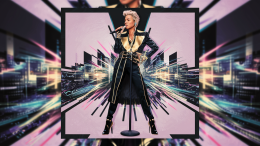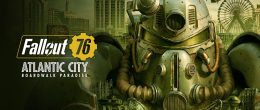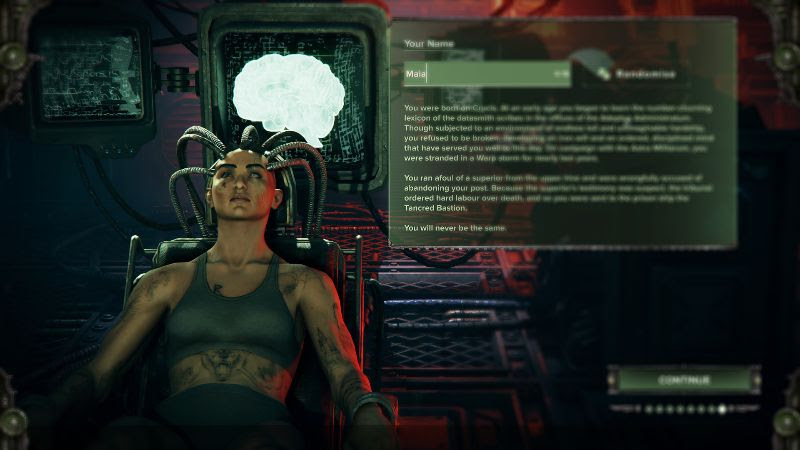I recently wrote about a new
kind of literacy, one in which Generation Y is more fluent than the rest of us. It is
transforming the act of reading and it’s also re-defining Knowledge Management, I
believe. In my travels (on the Web) I came across a new term that may help us grasp this
new 21st century literacy: Electracy. It’s a neologism, a new word to describe
something that didn’t exist before. In this case, electracy is seemingly a combination of
the words Electricity and Literacy. Here’s a better definition:
“Electracy is to computing what literacy is to print. […] In the
history of human culture there are but three apparatuses: orality, literacy, and now
electracy.”
A fair warning: there’s a lot of icky terminology to wade through when discussing
elactracy. The word ‘apparatus’ is but one example. This is because it’s the domain of
philosophers (especially a bloke called Derrida), linguists and other academics. I’m
going to try and avoid such terms and write about it in plain english.
I came across the word ‘electracy’ when reading this
conversation between Talan Memmott (editor of a Hypertext/Hypermedia Journal called
Beehive) and theorist Gregory Ulmer, who wrote a book entitled Internet
Invention: From Literacy to Electracy. Here’s how it’s described in the book
blurb:
“Ulmer uses the invention of literacy by the Ancient Greeks as a model
for the invention of “electracy” (which is to digital media what literacy is to
print).”
So it seems Ulmer is the originator of the word. Who better to explain it to us
then.
Loveless, by My Bloody Valentine. I’m listening to it as I write this and it’s like a
soundtrack for electracy]
It seems I can’t get away from defining what “apparatus” means, as it turns out to be
quite crucial. Here’s Ulmer:
“Literacy is an “apparatus,” which is not a neologism but a common term
given specialized meaning in media studies. I borrowed it from media studies to name the
matrix of a language machine, partly social and partly technological, that operates in a
given epoch. An apparatus is not only a technology (e.g. the alphabet, paper, ink etc)
but also an institution and its practices developed along with the technology.”
Got that? Well the important point for me is that an apparatus is not just a
technology, but a set of practices. This is partly what I’m exploring at my new
topic-focused blog eBook Culture, where I’m
setting the scene of eBooks as: not objects, but a culture. That is, eBooks are social practices and
activities. (I’m also exploring eBooks from a practical sense too).
Ulmer goes on to define electracy as “a neologism, then, to give a name to the
apparatus of the emerging digital epoch.”
He draws comparisons between the shift from orality to literacy in Plato’s time,
suggesting that at the beginning of the 21st century we’re experiencing a similar shift
from literacy to electracy. He says there will “come a time when we are ‘native’ to the
apparatus of electracy.”
This is why I keep harping on about Generation Y, because they’re the first generation
to be steeped in computing and two-way social media technologies. The generation of my
daughter, who’ll be 3 soon, will be even more native to “electracy”. As for us oldies,
including Generation X (aging slackers!), we’re going to have to adjust to this new world
or risk being left behind on Planet Broadcast Media.
So what are some of the elements of electracy? Ulmer suggests that cinema and then
advertising have been the torchbearers for electracy. He says:
“What is important for electracy is the creation of MOOD or atmosphere,
the logic of which is fundamentally poetic or imagistic.”
In terms of learning, especially for the new generation (but this can also be applied
to the world of KM I think), Ulmer has this advice:
“I am not saying to forget literacy, but to include aesthetic and
performance experience in the educational process […] [children] relate to the story
not so much in terms of meaning but doing. High schools to become electrate need to add
this aesthetic performance dimension to learning as well.”
The keyword to me is “doing”. I myself have a maxim that I try to follow in my life
and on my weblog: learn by doing. It’s the way of the Web, and it seems to be the way of
education if we’re to prepare our children for the new media world. This again from
Ulmer:
“Electrate learning is structured like creativity, and does not replace
the pedagogy of verification that structures most literate education, but supplements it
with the structure of discovery.”
Discovery, learn by doing, creativity. These are all participatory and productive
things – not passive like 20th century consumerism. Come to think of it, maybe Gen X
slackers were rebelling by being extreme consumers. That is, they were
characterized in the 1990’s (mostly as a stereotype, it has to be said) as being lazy and
cynical. Which in reality often meant consuming things rather than producing things. What
if, instead of being extreme consumers, they went the other way and became extreme
producers? I know, the technology wasn’t ripe until the very late 90’s – way after
flannel shirts and goatees were the rage.
…on that note the My Bloody Valentine CD is fading to a close, so I’ll wrap up this
post. It’s the best song on the album too, called ‘Soon’. Turn it up and feel the mood
wash over you. It’s electracy, baby!
p.s. bonus points for telling me what song the title of this post refers to.










